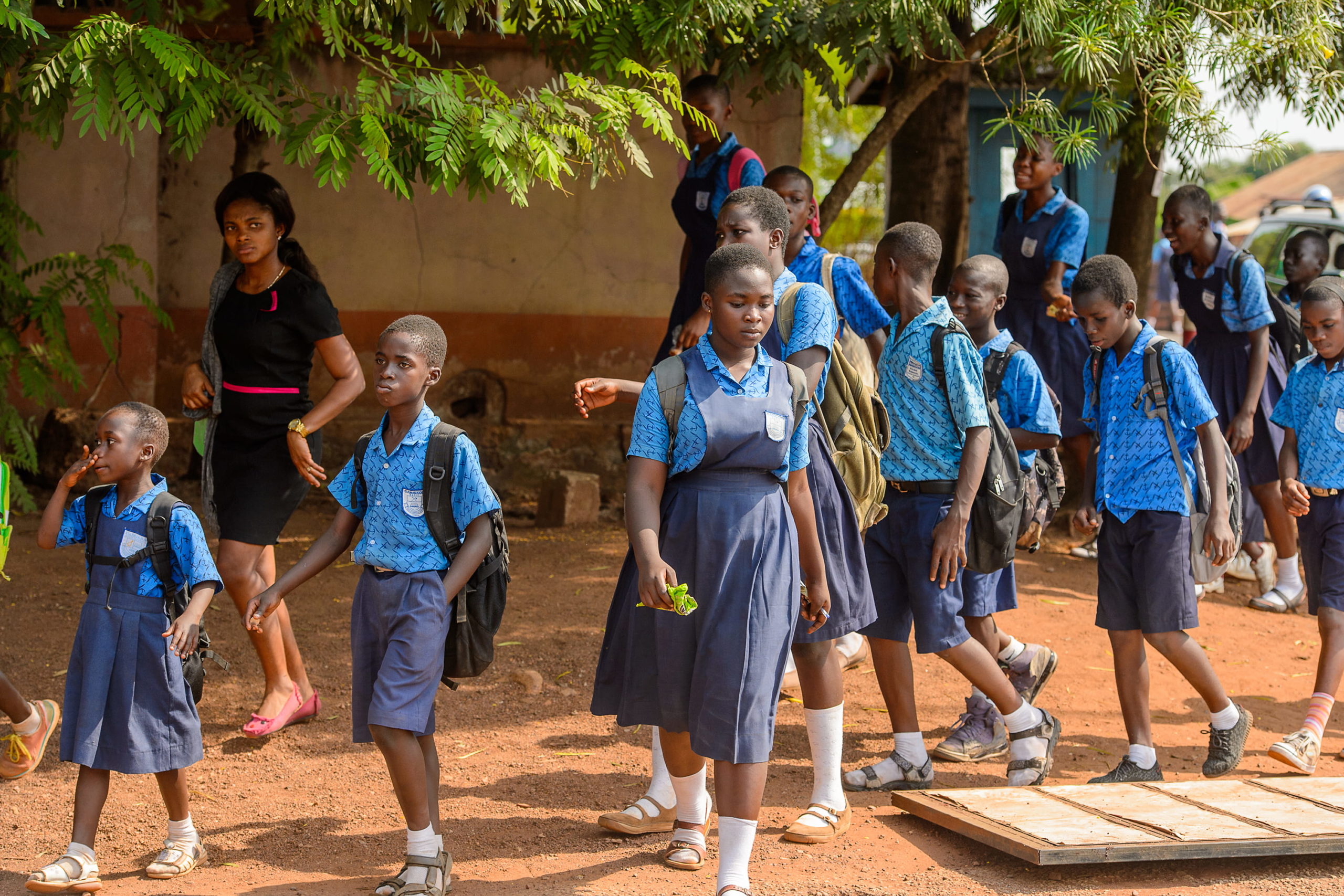Recognizing the need for policies that address poverty and inequality and build social cohesion, the Ghanaian government rolled out free compulsory primary education in 1996 and free senior high school provision in 2017. With the first cohorts exposed to the free education policies now reaching prime adulthood, our project aims to take stock of how educational attainment has changed over time and to examine the gendered consequences of these education changes for labour market dynamics and intergenerational socioeconomic mobility. Evidence from this project will be relevant to policymaking during a time of fiscal pressures, especially given that Ghana has one of the highest state investments in education in Africa (see Adu-Ababio & Osei, 2018). Our overarching research question is, therefore, “What are the education, labour market, and intergenerational socioeconomic consequences associated with the expansion of education access in Ghana, and how do they differ for men and women?” Our work program is designed around three core activities: data, research, and training contributions.
Data contributions
- Stacked and harmonized cross-sectional data: Drawing on SALDRU’s learnings from stacking Statistics South Africa survey data in the Post-Apartheid Labour Market Series, we will stack the Ghana Living Standards Surveys and Population and Housing Census data alongside the Jobs of the World Database for Ghana to create a high-frequency database of information on education, jobs, gender, and labour market activities. A series of weights calibrating the series to a consistent population model will be constructed if necessary. Do-files to construct this harmonized series together with documentation of learnings from the data compilation process will be an output of this component.
- Panel data contribution: Individual panel data allows an investigation of the mobility of individual socioeconomic outcomes over time. Recognizing this, Ghana established the Ghanaian Socioeconomic Panel Survey (GSPS) in 2009. The current version of the GSPS data is, however, not readily configured for the types of analyses that use panel data. Specifically, there is little evidence on both household and individual-level attrition, and publicly available panel weights currently do not exist. An important output of our project will be the creation of publicly available data and documentation, coding files, and the production of weights for the GSPS.
Research contributions
Our research contribution will draw on synthetic panel data and panel data analysis techniques to study the consequences of the Ghanaian fee elimination programmes. We envision three substantive empirical contributions.
- Trends in education and labour market dynamics: Using our stacked datasets, we will analyse educational attainment and labour market participation by age and gender using all available surveys between 1987-2021. We will examine the proportion of each age-gender cohort that is employed, unemployed, non-searching unemployed, and not economically active. We will smooth these age–gender–employment status relationships to filter out some of the statistical noise and facilitate comparison between surveys.
- Consequence of education reforms, evidence from harmonized cross-sectional data: This empirical contribution will use our harmonized series of data together with changes in education policy to examine labour market outcomes, fertility, and/or intergenerational transmission of socioeconomic advantage. Given that the Ghanaian policies were applied nationally, we will implement an identification strategy based on variation in the intensity of the expected benefit of the policy (measured by pre-reform enrolment levels and/or careful assessment of cohorts of youth exposed versus too old for the policy). Specifically, we combine the timing of the reform and geographic differences in schooling outcomes for groups who finished education before the reform was implemented to identify the impact of increased schooling.
- Consequences of education reform, evidence from four waves of panel data: Four waves of GSPS data provide us with repeated measures from cohorts born both before and after the rollout of the free primary and secondary education policies. We have three papers envisioned for this contribution. The first will examine the impact of the secondary education policy, focusing on younger cohorts and examining progress through school and the determinants of dropout and early childbearing outcomes. The second examines life cycle earnings and employment volatility and whether gender disparities exist. In the third, we plan to replicate our previous work from South Africa on the link between graduating secondary and tertiary education and remittance decisions.
Training contribution
We have identified a need and demand for training in longitudinal data management and analysis from researchers across the continent. A key output will be to offer training in this regard, with the content designed around the use of the GSPS data.
